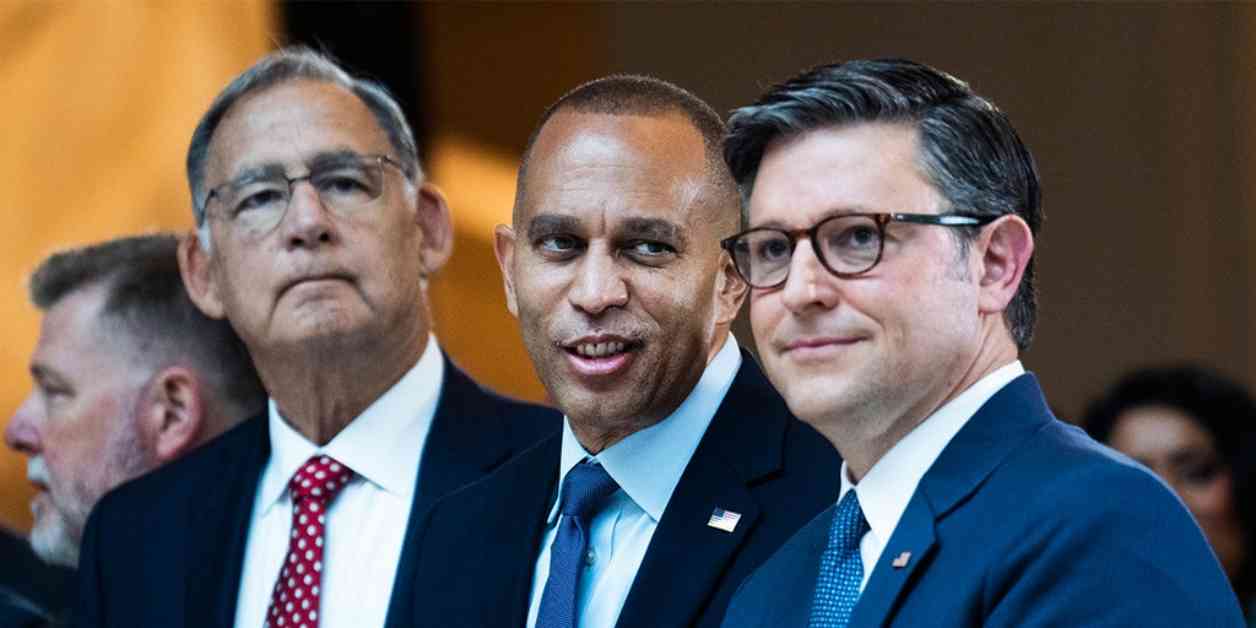House Democrats are taking legal action against the Federal Election Commission (FEC) for allegedly allowing Republican candidates to exploit a campaign finance loophole in their television advertisements. The Democratic Congressional Campaign Committee (DCCC) filed a lawsuit in D.C. District Court, claiming that Republicans are using joint fundraising committees to disguise attack ads as fundraising ventures, thereby bypassing fundraising limits.
The DCCC argues that this tactic gives Republicans an unfair advantage and puts Democratic candidates at a competitive disadvantage. They are seeking a ruling from the federal court before the upcoming election on November 5th. The FEC chairman, Sean Cooksey, believes the commission will prevail in the lawsuit and is prepared to face the DCCC in court.
The National Republican Senatorial Committee General Counsel, Ryan Dollar, dismissed the lawsuit as a desperate stunt, pointing out that the tactic in question was approved in 2007 and reaffirmed recently. Despite the legal battle, both parties are gearing up for a fierce competition as Election Day approaches.
Republicans are fighting to maintain control of the House and secure a majority in the Senate. The Congressional Leadership Fund (CLF), a major supporter of House Republicans, reported its highest fundraising quarter ever, with an impressive $81.4 million raised in the third quarter of 2024. The CLF also announced an additional $11 million in new ad reservations to support their candidates.
Similarly, the Senate Leadership Fund, a super PAC backing Republican incumbents and candidates, brought in $114.5 million during the same fundraising period. Both parties are pouring resources into their campaigns as they vie for control of Congress.
As the political landscape heats up, the outcome of the legal battle between House Democrats and the FEC could have significant implications for the upcoming election. With millions of dollars at stake and control of Congress hanging in the balance, the fight for campaign finance transparency and fairness continues to be a central issue in American politics.




